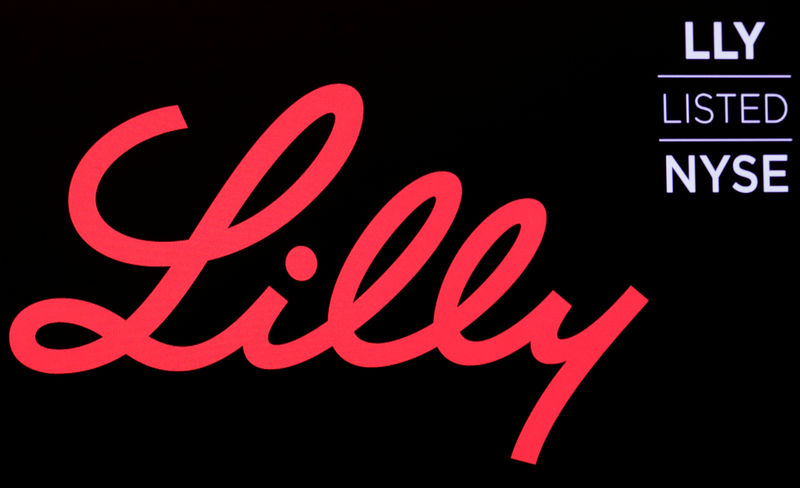HSBC analysts initiated research coverage of Biopharma stocks with a predominantly positive view.
The analysts argue that “a loss of exclusivity and drug pricing regulations are likely to accelerate the industry’s capital allocation towards M&A and licencing deals.”
Along these lines, the analysts prefer companies with strong balance sheets, limited loss of exclusivity exposure, and a strong R&D culture.
HSBC started coverage of 19 large-cap U.S. and European Biopharma stocks, including 14 Buys, 4 Reduces, and 1 Hold rating.
Among the Buy-rated stocks, the analysts highlighted “quality growth” names like Eli Lilly (NYSE:LLY) or “value” players like Pfizer (NYSE:PFE).
“LLY is set to benefit from Mounjaro’s stronger data in obesity. Its early stage data in obesity data on retatrutide shows even greater promise, though its phase III evidence will be critical to validate such expectations,” they said in a note.
On Pfizer, they added:
“With management ambition to outgrow its LOE phase through 2025-30, the company has acquired ADC platform company Seagen, on a fair value on our calculations. This puts it in a comfortable position where it can show capital discipline for future deals.”
On the other hand, they started Bristol-Myers Squibb (NYSE:BMY) with a Reduce rating as the market might put multiples under further pressure over the next three years.
Similarly, Moderna (NASDAQ:MRNA) is a new Reduce at HSBC as analysts see “further downside risk to Moderna’s COVID-19 vaccine revenue estimates.”
“Whilst Merck & Co and Moderna are sufficiently convinced by the phase II clinical data for the cancer vaccine to spend more money on next phase of development, we think that the data was less convincing than the company’s commentary suggested (see Moderna section for our discussion of the data),” the analysts concluded.
